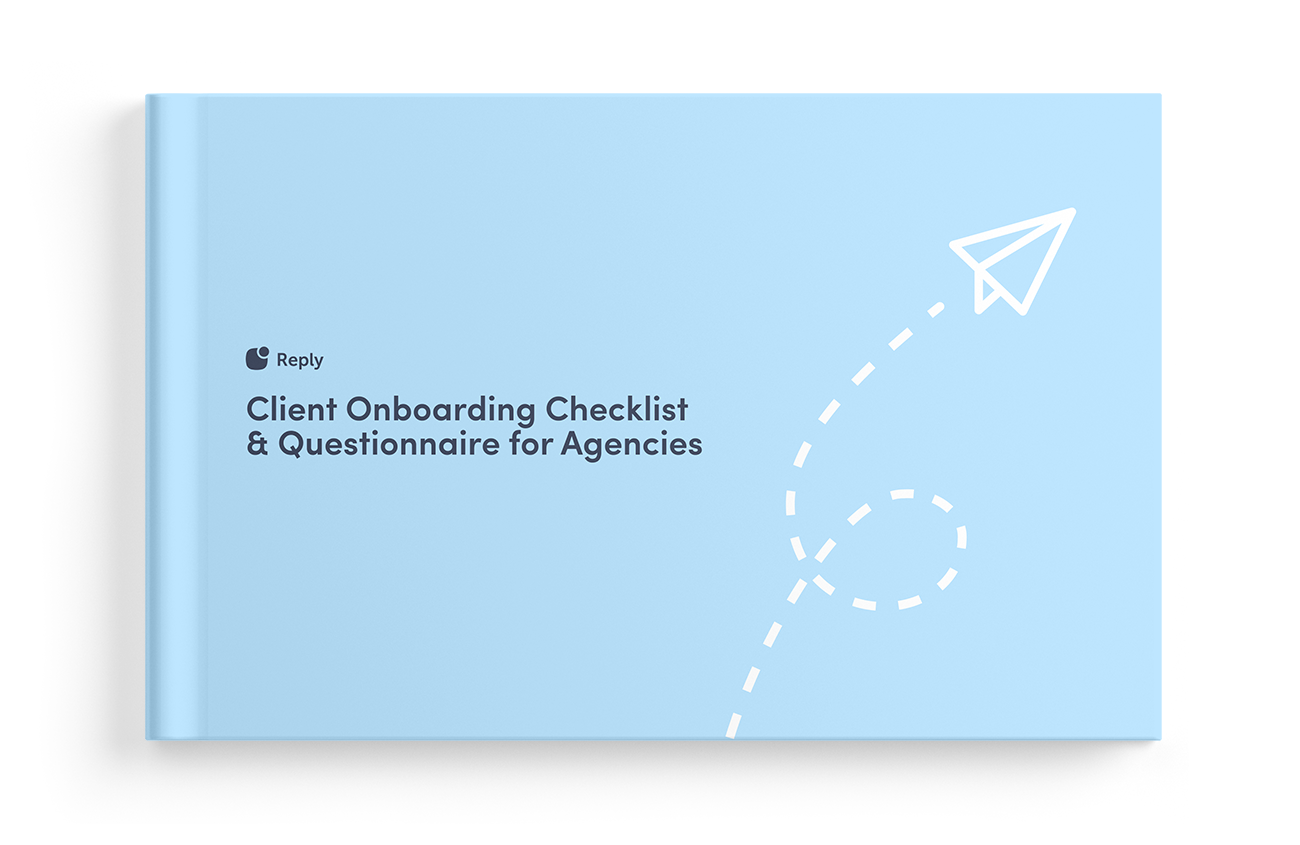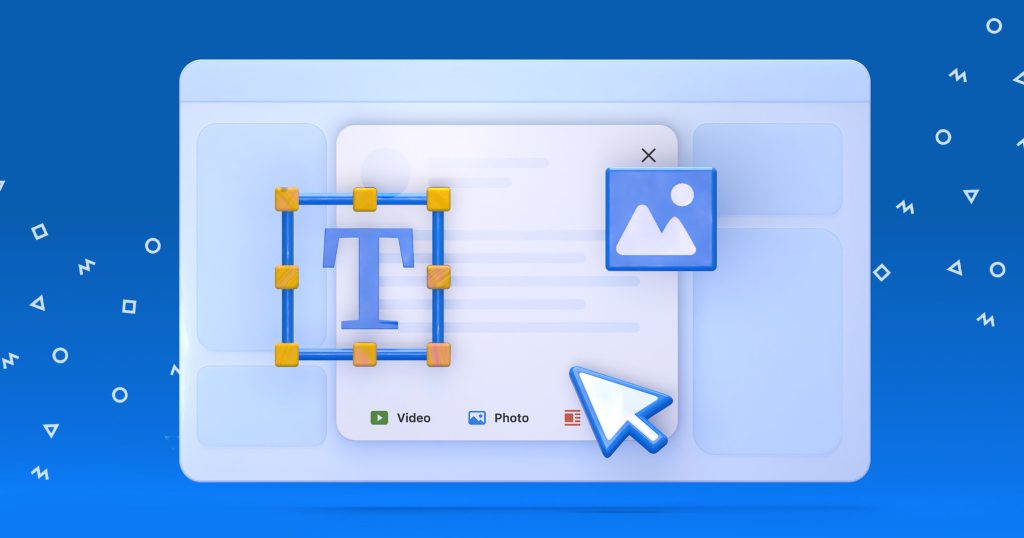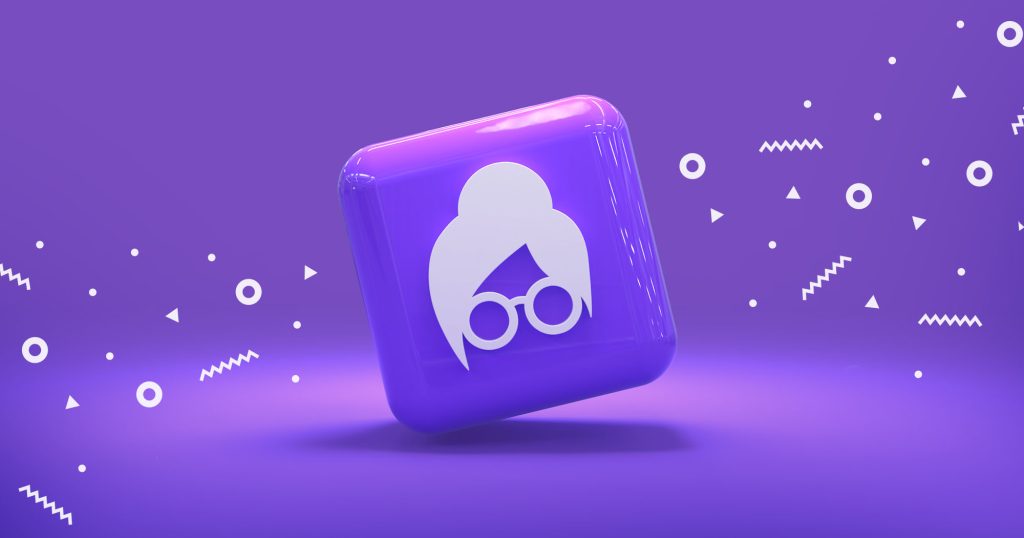Any business that wants to succeed needs to get in front of the right audience. However, working out exactly who that audience is and reaching out to them isn’t always easy.
As a lead generation agency, that’s where you come in helping other companies attract, qualify, and nurture leads, so they can focus on actually running their business.
Yet, solid lead generation skills and understanding of different marketing channels isn’t enough to get your own agency up and running.
Whether you’re still in the early planning stages or almost ready to open your agency’s doors, this guide will provide you with step-by-step instructions on how to start a lead generation business that succeeds.
What is a lead generation agency?
Before you even think about starting one, you need to know exactly what’s involved.
A lead generation agency helps other businesses attract prospects and convert them into leads.
This means more than just collecting a big list of names and contact details though. First of all, a lead generation agency has to identify the right people – those who would benefit the most from the business’s solution and, at the same time, would be the most valuable to the business in terms of potential revenue or by otherwise contributing toward the business’s goals.
Many agencies take this a step further and will also engage with the potential customer, verifying that they’re a good lead and nurturing them until they’re ready to be handed over to the client’s sales team.
Agencies typically use outbound prospecting and different forms of outreach to find and engage these potential leads. For instance, an agency might connect with prospects on LinkedIn, then follow up with a direct message, a phone call or an email.
Why should you start a lead generation agency?
For most businesses, having a continuous source of new customers is essential (actually, there are many benefits of starting outbound lead generation now). So an agency that can consistently supply high-quality leads is always going to be in demand.
The good news is that it’s relatively easy to get started. Even as a one-person business, with the right tools and strategies, it’s entirely possible to work with companies and start finding them leads. Then, as your reputation grows, you can build up your agency.
Lead generation can prove to be a highly lucrative business opportunity, especially when you consider the types of clients that typically need such services. Companies that sell high-ticket items or SaaS businesses can gain immensely from high-quality leads, as these often translate into high-value customers with a high lifetime value (LTV).
A lead generation agency can also be a flexible business to run, with team members and clients based around the world — all you need is a laptop and a reliable internet connection. This can significantly reduce overhead costs such as office space, commuting costs, and other associated expenses.






![New in 2025: Reply.io Teams Up with Persana AI [+Live Webinar] New in 2025: Reply.io Teams Up with Persana AI [+Live Webinar]](https://reply.io/wp-content/uploads/persana.io_-1024x538.jpg)